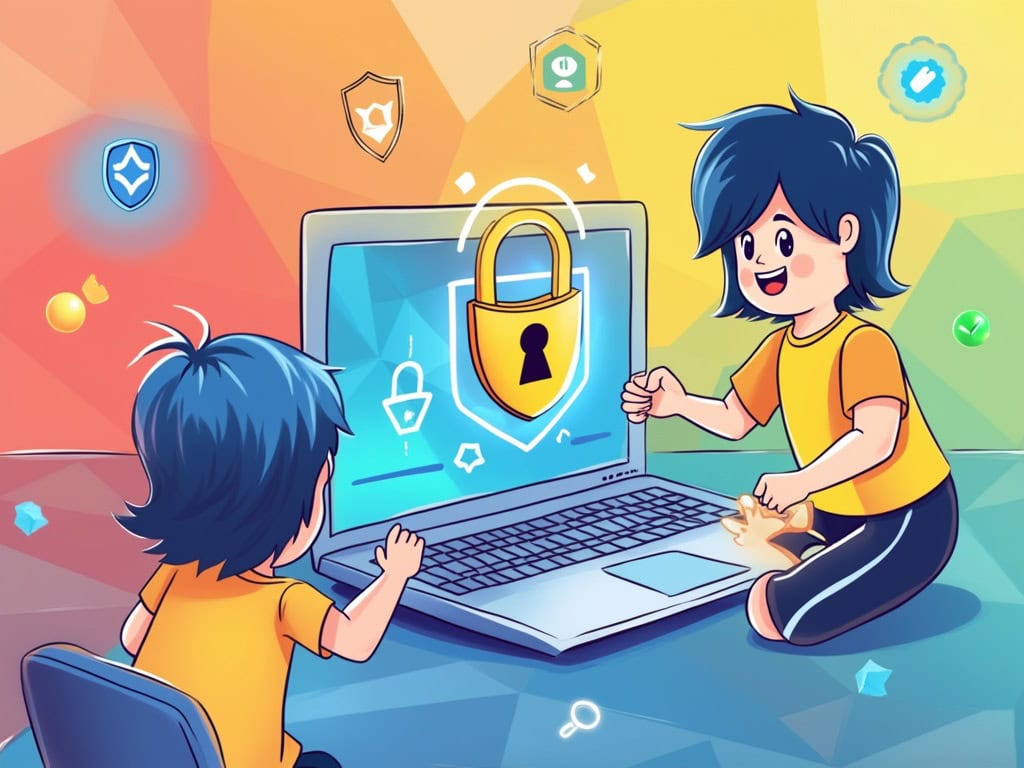Roblox Lawsuit: Allegations of Unauthorized Child Data Tracking Spark Privacy Concerns

Roblox Faces Nationwide Lawsuit Over Alleged Child Data Tracking
A nationwide class action lawsuit has been filed against popular children's gaming platform Roblox, alleging unauthorized collection and monetization of children's data without parental consent. The lawsuit, filed by Michael and Salena Garcia in California federal court, claims the platform uses secret tracking technology to monitor users' activities, raising significant concerns about data privacy compliance and protection standards in gaming platforms.
The legal action highlights growing concerns about children's privacy in online gaming platforms, where the balance between engagement and data protection has become increasingly contentious. The lawsuit alleges Roblox tracks everything from mouse movements to chat messages, using this information for targeted content and third-party advertising.
Security Implications and Expert Insights
Security experts emphasize the broader implications of this case for children's online safety. Eric Schwake, Director of Cybersecurity Strategy at Salt Security, points out that while in-game interactions often receive attention, the security of underlying systems is equally crucial.
"Technical flaws in the infrastructure managing sensitive user data and communications, often through APIs, can present genuine risks," Schwake explains. "These vulnerabilities might allow unauthorized access to a child's account or compromise personal information." Understanding the critical differences between data privacy and security measures is essential for protecting young users.
Practical Safety Measures and Parental Guidance
Boris Cipot, Senior Security Engineer at Black Duck, emphasizes the importance of parental vigilance: "The chat function is a great way for players to connect, but it also carries risks. Children may be exposed to offensive language or be tempted to share personal information."
Security experts recommend several key protective measures:
- Regular review and setup of privacy and parental controls
- Implementation of two-factor authentication
- Monitoring of in-game purchases and spending
- Open dialogue between parents and children about online safety
Casey Ellis, Founder at Bugcrowd, stresses the importance of communication: "When it comes to keeping kids safe on platforms like Roblox, the most effective defense is open, ongoing dialogue between parents and their children." Parents should also be aware of their rights regarding data protection and privacy regulations.
Enhanced Safety Recommendations
The lawsuit's outcome could set important precedents for how gaming platforms handle children's data and influence future privacy protection standards in the industry. For additional guidance on protecting children's privacy online, visit the FTC's Children's Privacy resource center.
Additional Security Measures:
- Enable content filtering features
- Set up spending limits and notifications
- Regularly review friend lists and chat histories
- Update security settings after platform updates
Parents should maintain consistent oversight of their children's gaming activities while balancing independence and safety considerations.

